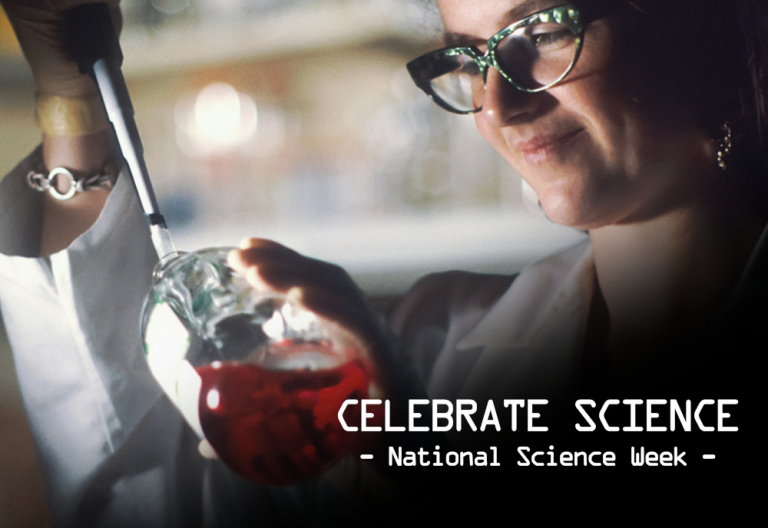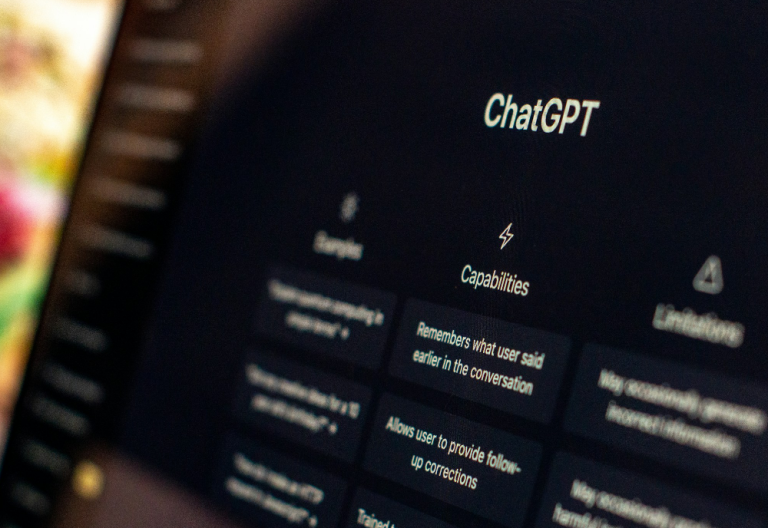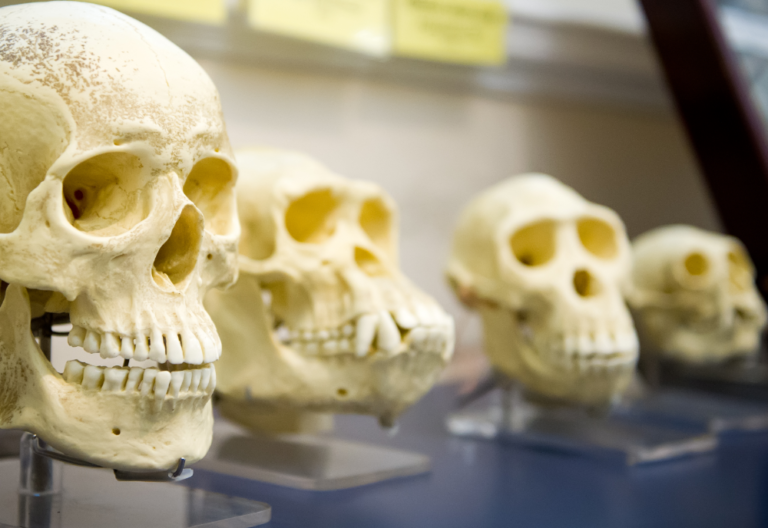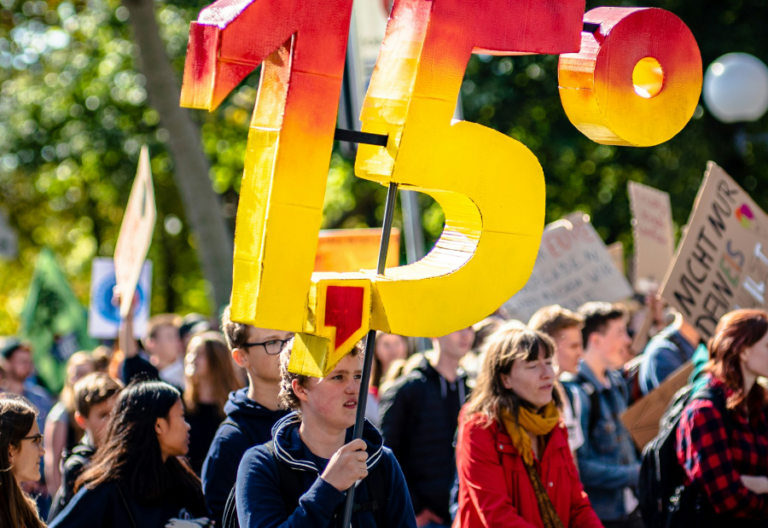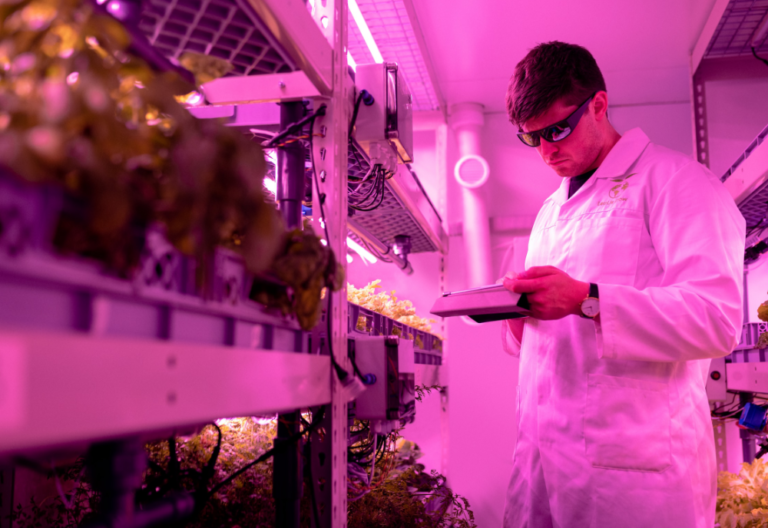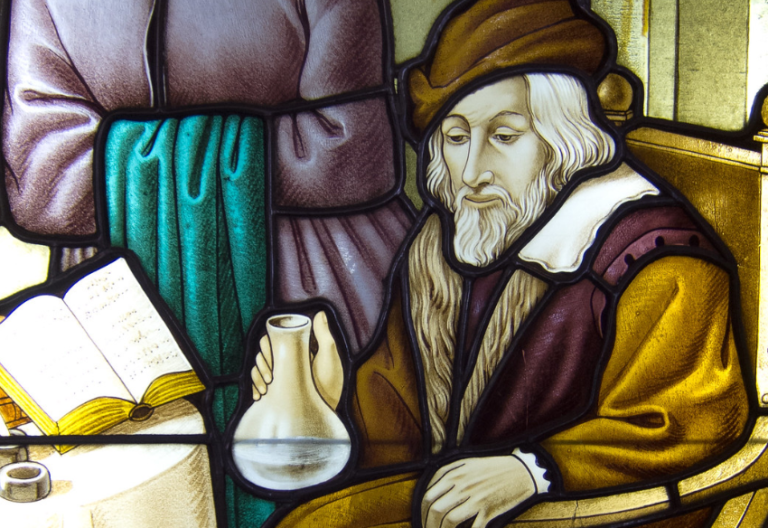Science & Health
From my brush with breast cancer, I know the value of science – and the need to defend it – more than ever
Elizabeth Dangerfield
13/08/2024
This article is part of our ‘Celebrate Science’ feature series to mark National Science Week, 10-18 August 2024. Many people ...
Continue reading →
Timing of embryo split may explain sexual orientation in twins
John Hayman
21/07/2024
Same-gender sexual attraction is a feature of human sexuality. Estimates of same-gender proclivity vary from the original Kinsey reports of ...
Continue reading →
Will AI help or hinder trust in science?
Jon Whittle
11/07/2024
In the past year, generative artificial intelligence tools — such as ChatGPT, Gemini, and OpenAI’s video generation tool Sora — have captured the public’s ...
Continue reading →
Human culture is changing too fast for evolution to catch up
Jose Yong
20/06/2024
Research is showing that many of our contemporary problems, such as the rising prevalence of mental health issues, are emerging from rapid technological ...
Continue reading →
Unravelling life’s origin
Louise Gillet de Chalonge
18/05/2024
There is still so much we don’t understand about the origin of life on Earth. The definition of life itself ...
Continue reading →
Biology by the book
Ric Streatfield
16/05/2024
Back in 1987, around the beginnings of the HIV/AIDS pandemic in Australia, as a Senior Medical Officer I had volunteered ...
Continue reading →
To restore trust in science, we need great storytellers
Peter C Doherty
27/04/2024
All good scientists are sceptics. Scepticism is central to the scientific method, which is basically designed to prevent the most ...
Continue reading →
How to inoculate against climate misinformation
Christian Turney
20/02/2024
Last year, the world experienced the hottest day ever recorded, as we endured the first year where temperatures were 1.5°C warmer ...
Continue reading →
Intellectual humility is a key ingredient for scientific progress
Michael Dickson
20/12/2023
The virtue of intellectual humility is getting a lot of attention. It’s heralded as a part of wisdom, an aid to self-improvement and ...
Continue reading →
The real work of science communicators
Heather Bray
14/12/2023
A stir went through the Australian science communication community last month, caused by an article with the headline ‘Science communicators ...
Continue reading →
Modern medicine’s scientific roots in the Middle Ages
Meg Leja
05/11/2023
Nothing calls to mind nonsensical treatments and bizarre religious healing rituals as easily as the notion of Dark Age medicine. ...
Continue reading →
Sagan’s experiment a guiding light in the search for life
Gareth Dorrian
24/10/2023
It’s been 30 years since a group of scientists led by Carl Sagan found evidence for life on Earth using ...
Continue reading →

